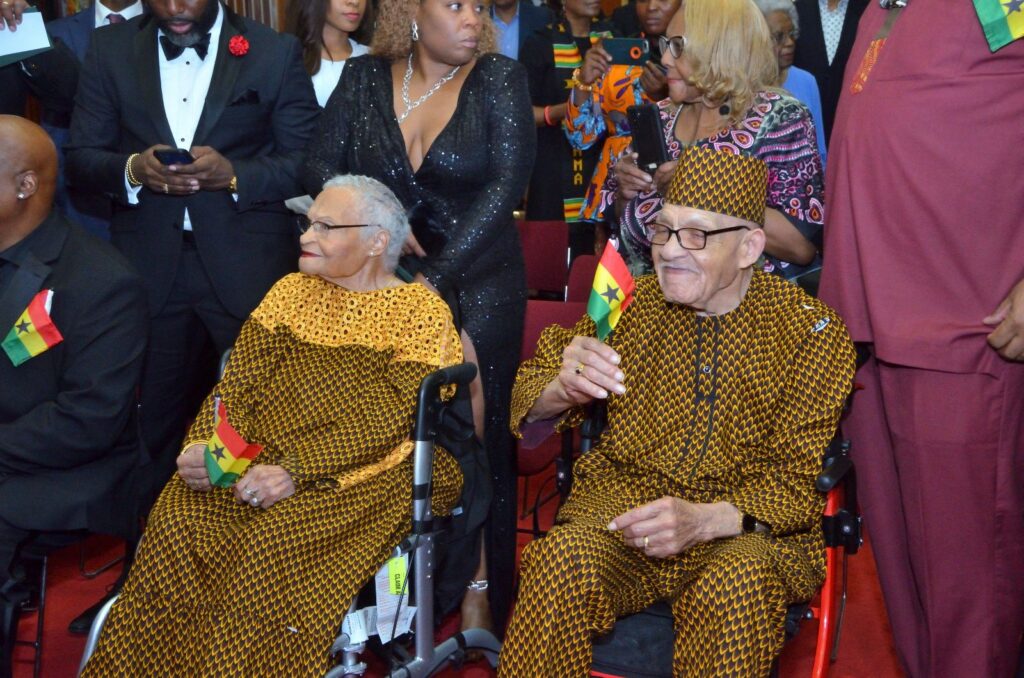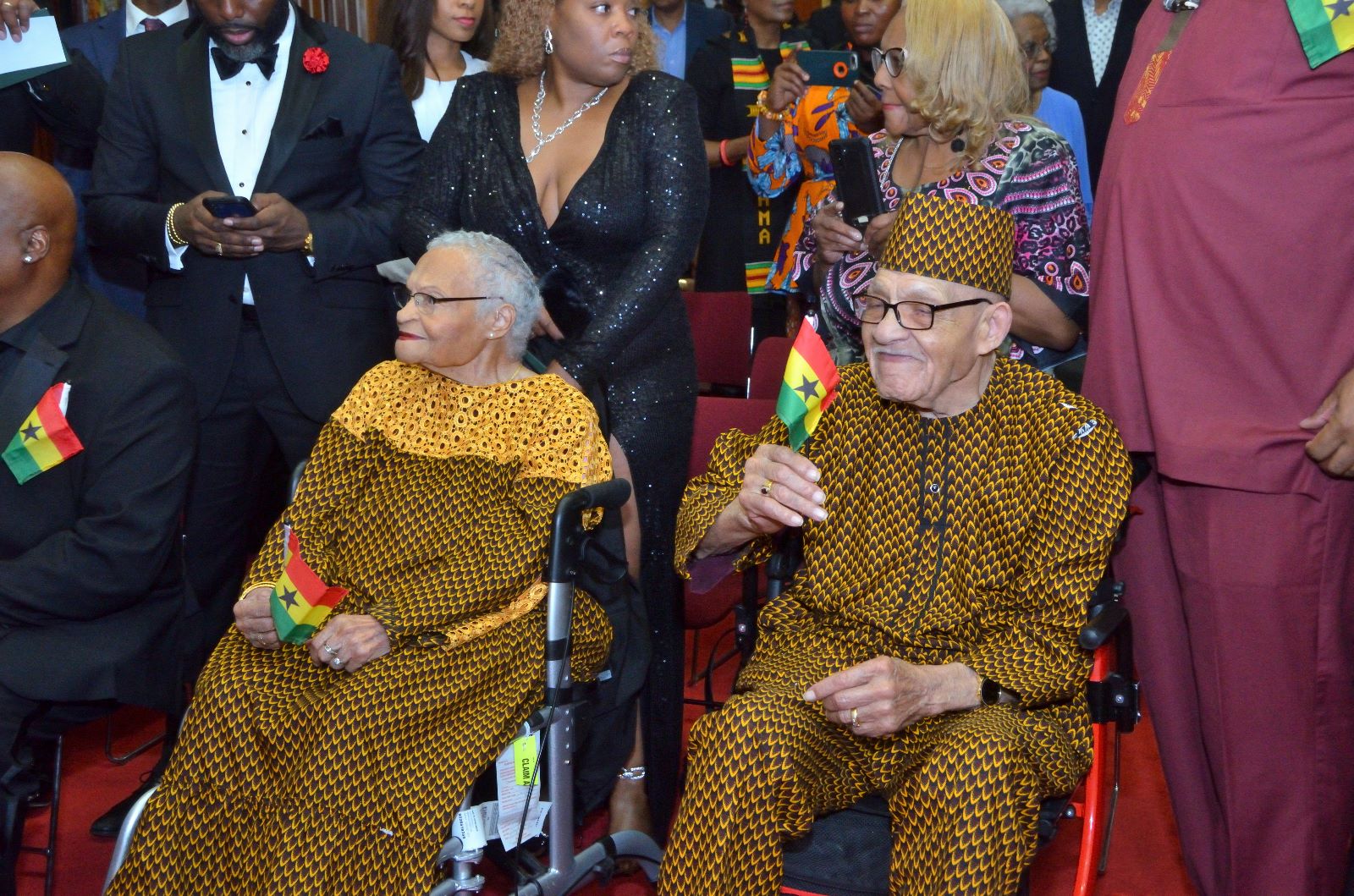
In a heartbreaking turn of events, the hard-fought legal battle for reparations for the three remaining survivors of the 1921 Tulsa Race Massacre has reached a disappointing end. Judge Caroline Wall dismissed the lawsuit with prejudice, effectively preventing any future attempts to seek restitution through the legal system. This decision has sparked outrage and deepened the wounds of the Black community, as hopes for justice and reparations fade.
This story delves into the details and profound implications of the dismissed case.
The Dismissal of the Lawsuit
The recent release of court documents reveals that Tulsa County District Judge Caroline Wall granted the motion to dismiss filed by attorneys representing the City of Tulsa, stating that the case was dismissed “with prejudice.” This ruling effectively blocks any future legal attempts to seek reparations for the survivors. The city’s lawyers argued that the case lacked a clear plan for remedying the harm, while the opposing attorneys contended that such details were not required under state law before a trial could commence.
Survivors Left Without Recourse
The three remaining survivors of the 1921 Tulsa Race Massacre—Mother Lessie Benningfield Randle, 108, Uncle Red Hughes Van Ellis, 102, and Queen Mother Viola Ford Fletcher, 109, have been left devastated by the dismissal of their case. With their ages being over 100, their continued fight for recognition, compensation and addressing the injustice inflicted upon them is urgent.
This legal defeat has sent shockwaves throughout the Black community and beyond. It not only denies justice to the survivors but also establishes a disheartening precedent for other communities affected by racial violence and systemic racism. The potential ramifications for future cases seeking restitution and accountability are profound. Many had considered the outcome in Tulsa as a critical step towards healing and reparations.
Attorney Damario Solomon-Simmons, leader of Justice for Greenwood, has raised concerns about the City of Tulsa’s hypocritical stance. While the city leverages the survivors’ story for cultural tourism, it shamefully denies them reparations. This contradiction shows the city’s failure to acknowledge and support the survivors’ ongoing struggle for justice.
Hopes for a trial were cruelly dashed as the judge ruled against allowing the case to proceed. Earlier, the Justice for Greenwood team representing the survivors was forced to remove descendants from the lawsuit due to a motion to dismiss filed by the city, county, and state governments. This final decision, which came almost two months after a court hearing, has left many feeling disheartened, frustrated, and disillusioned.
Adding insult to injury, the State Superintendent of Public Instruction recently made a troubling statement suggesting that teachers should avoid teaching about the the Tulsa Race Massacre being racially motivated. These attempts to downplay the significance of this horrific event only serve to exacerbate the frustrations felt by Black Tulsans and the wider Black community across the United States.
The dismissal of the restitution lawsuit for the survivors of the 1921 Tulsa Race Massacre represents a devastating setback in the pursuit of justice. The denial of acknowledgement, reparations, and the revisionist attempts to rewrite history further hinder the healing of racial wounds and perpetuate systemic inequities. It is crucial to confront and rectify the injustices of the past in order to create a more just and equitable future for all.






